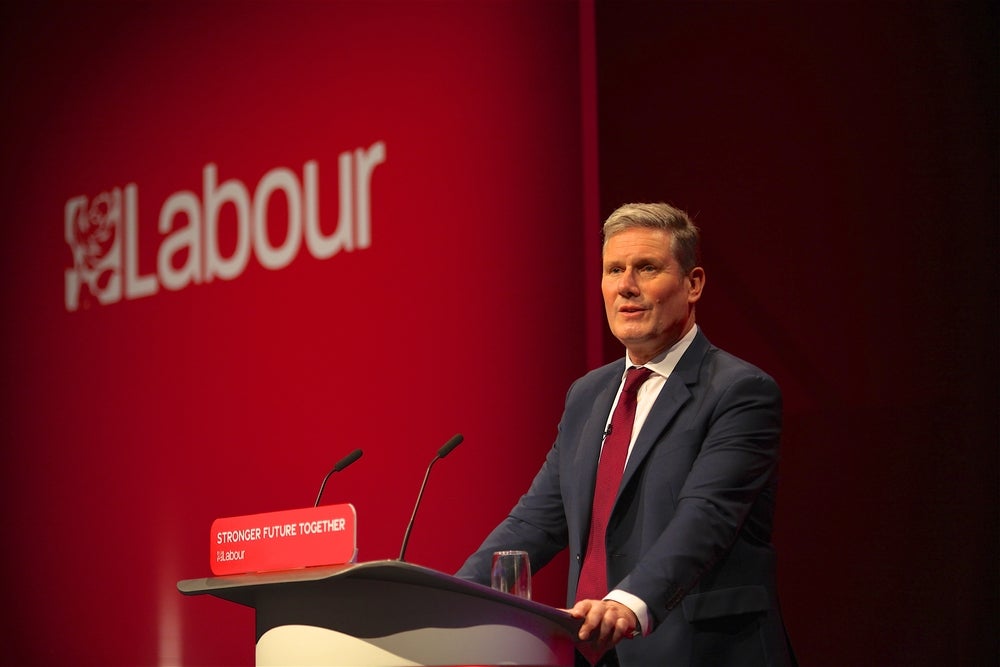
The median FTSE 100 CEO package increased by 12% last year – from £3.72m ($4.62m) in 2021 to £4.15m in 2022 – based on Deloitte analysis of data from the first 55 companies to publish their 2022 annual reports.
CEO annual bonuses remained high in 2022, with a median pay out of 76% of the maximum award. This was lower than in 2021 when it was 85% of maximum, but slightly above typical pre-pandemic levels.
Median long-term incentive vesting – the extent to which performance conditions are achieved under long term incentive plans – was 58% of maximum, with share award values generally reflecting strong share price performance at the end of 2022 across most sectors. Under UK Corporate Governance Code requirements, shares will not generally be released to executives for a further two years.
In light of investor and proxy guidance issued ahead of the 2023 AGM season, over 90% of 2023 salary increases for CEOs have been set below the average rate awarded to the workforce. This includes a median CEO salary increase of 3.5% to date, versus a median average salary increase of 6% for the workforce.
Deloitte executive remuneration practice partner, Mitul Shah, said: “Last year we saw a quieter AGM season as pay levels bounced back, following a period of temporary pay cuts and restraint during the COVID-19 pandemic. Investors were generally supportive in voting on remuneration reports – despite record high bonus payouts.
“We are expecting a more challenging 2023 AGM season as investors closely scrutinise pay out-turns, with a particular focus on potential windfall gains made by executives on the back of incentive awards granted in 2020 during a dip in the market.”
How well do you really know your competitors?
Access the most comprehensive Company Profiles on the market, powered by GlobalData. Save hours of research. Gain competitive edge.

Thank you!
Your download email will arrive shortly
Not ready to buy yet? Download a free sample
We are confident about the unique quality of our Company Profiles. However, we want you to make the most beneficial decision for your business, so we offer a free sample that you can download by submitting the below form
By GlobalDataESG in incentive plans
Over 90% of FTSE 100 companies now incorporate ESG measures into their incentive plans. Long-term environmental metrics are increasingly prevalent, with over 40% of FTSE 100 companies including environmental metrics in the long-term incentive plan. While climate-related metrics are typically focussed on Scope 1 and 2 emissions reductions, five companies in the FTSE 100 have moved to link long-term incentives to Scope 3 emissions reduction, as they look to tackle their most material carbon impacts.
This is likely to increase with the introduction of International Sustainability Standard Board (ISSB) reporting standards, which will include mandatory disclosure of material Scope 3 emissions.
Remuneration policies
In the coming 2023 AGM season, around half (53%) of companies are seeking a triennial binding vote on their remuneration policy. Where companies are putting a new policy to vote, c.40% are seeking approval from shareholders to increase maximum incentive levels under performance-based incentives, for example annual bonus or long-term incentive plans. In the majority of cases, these companies have argued that increases will enable them to compete globally for talent.
Shah concluded: “UK-listed multinational companies competing for both talent and business in the US are increasingly citing the disparity in pay levels between the UK and US, as well as more stringent remuneration governance standards in the UK, as a challenge. This is being raised as a contributing
factor in the ongoing debate around the long-term competitiveness and success of London’s capital markets.”





